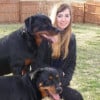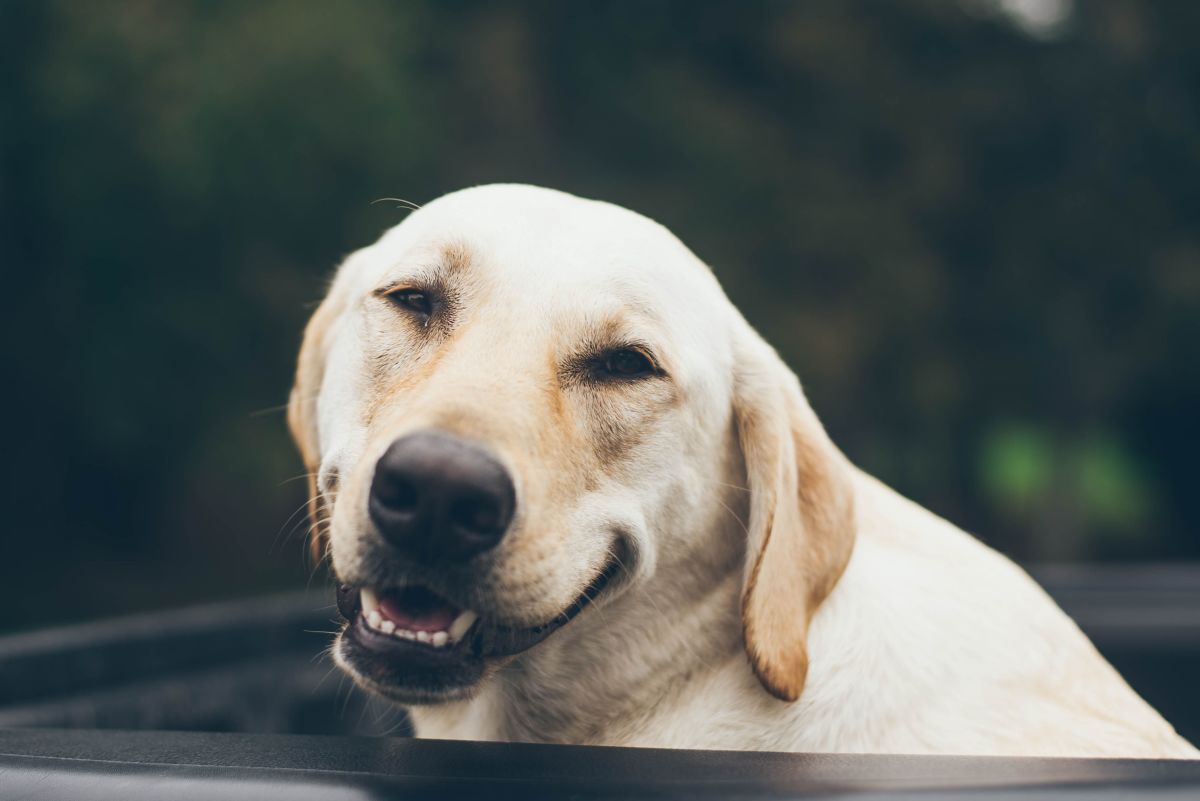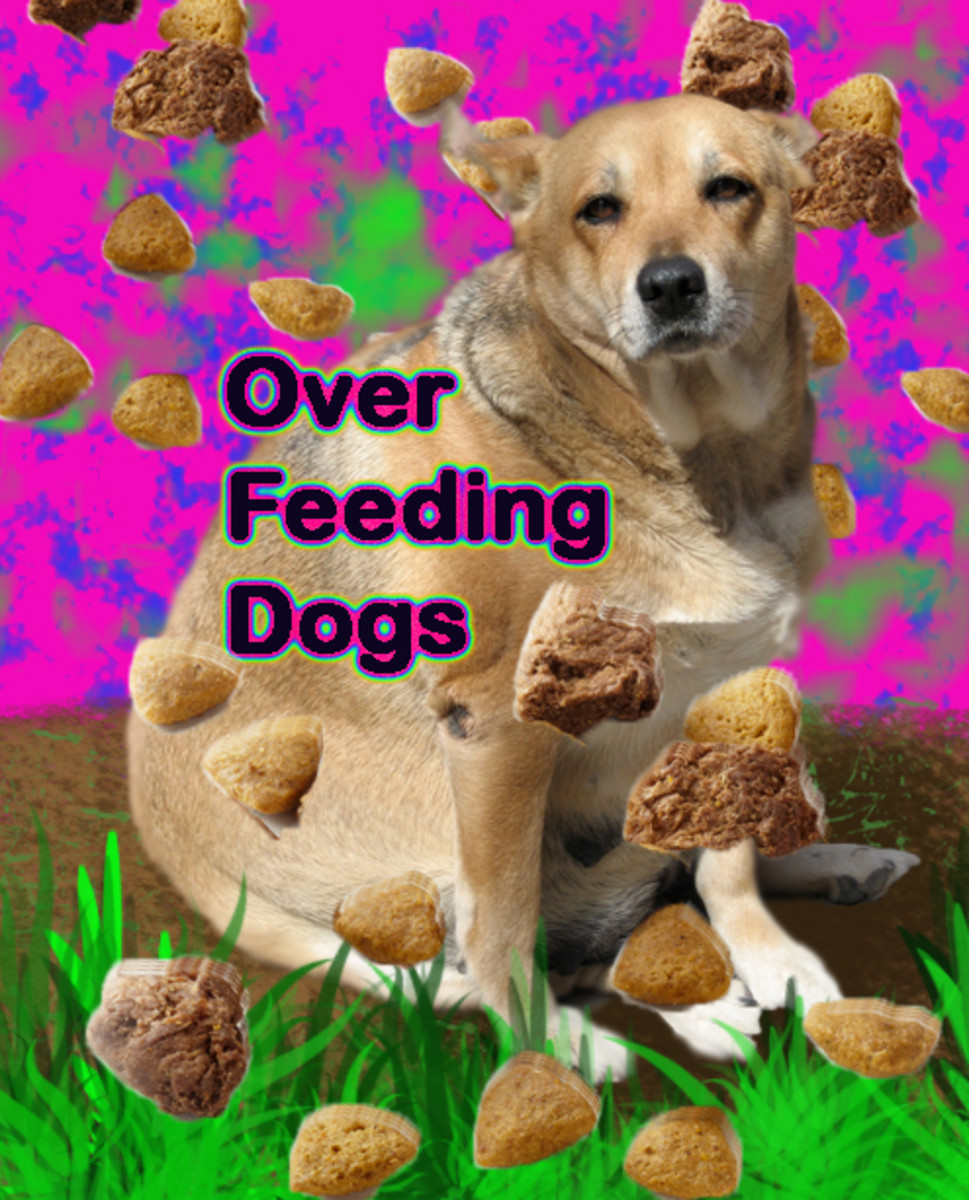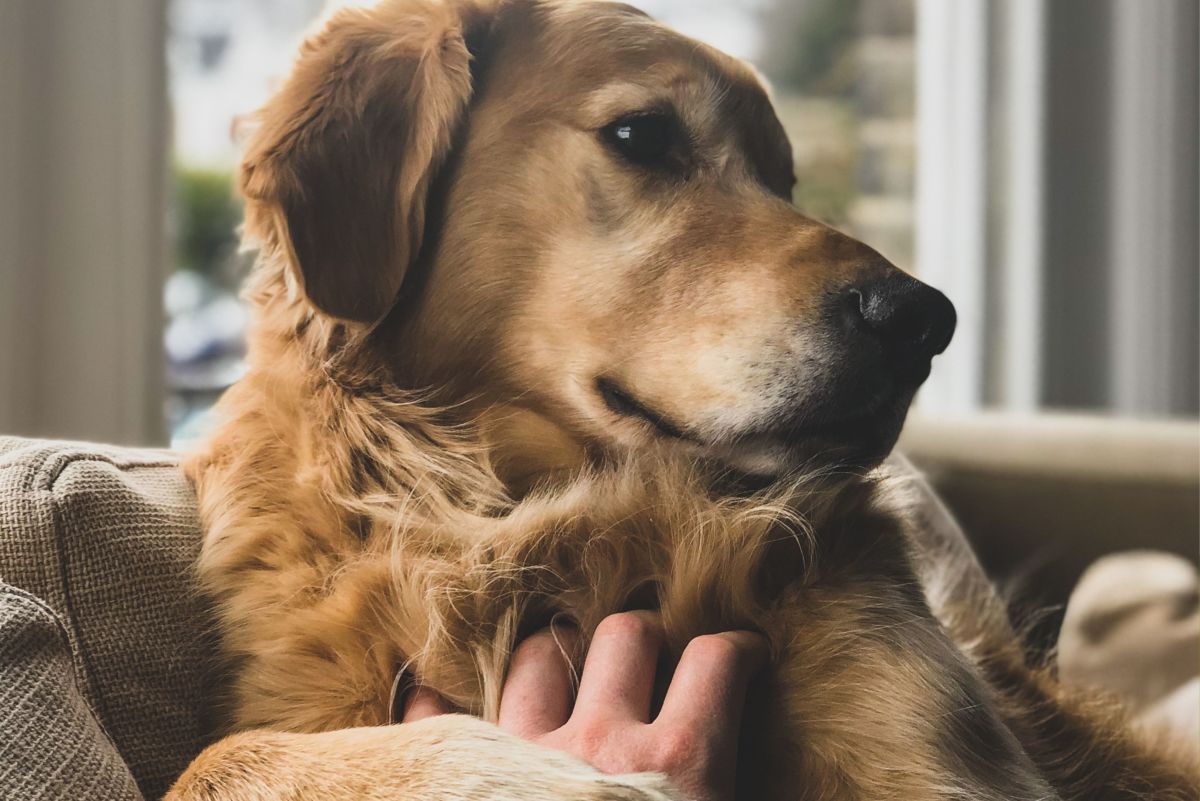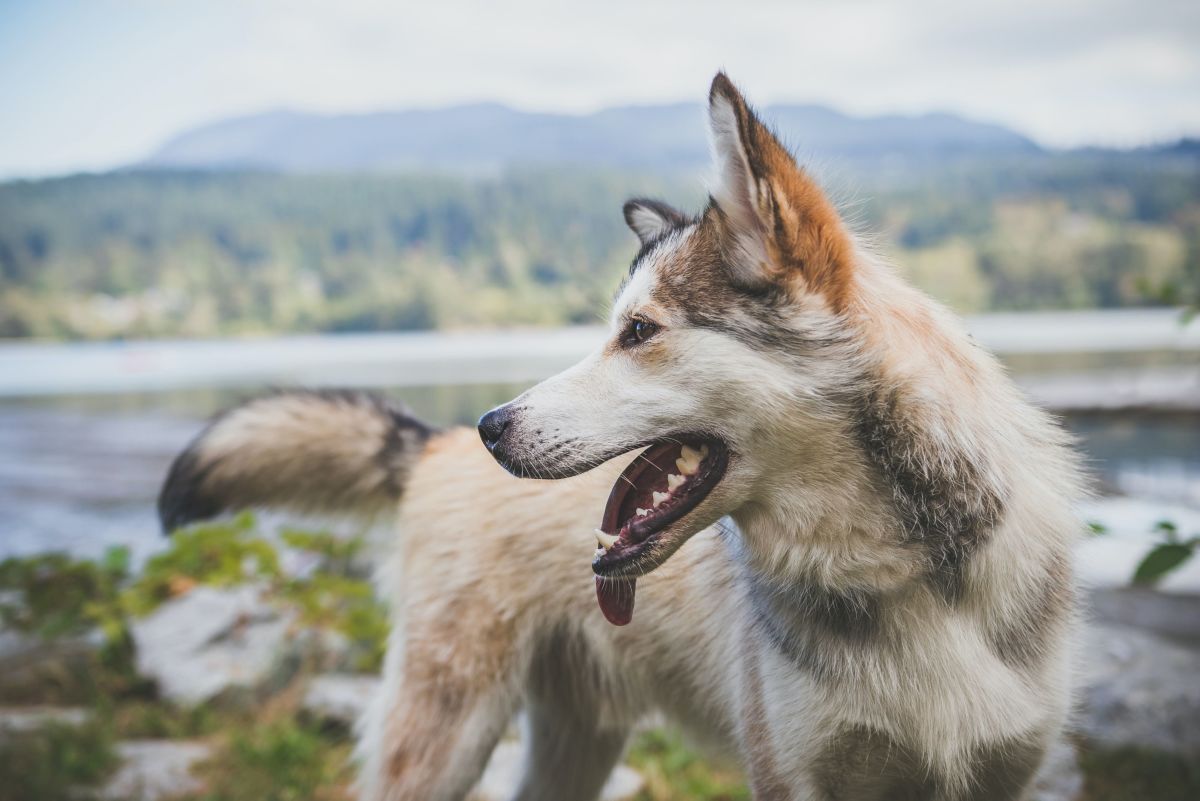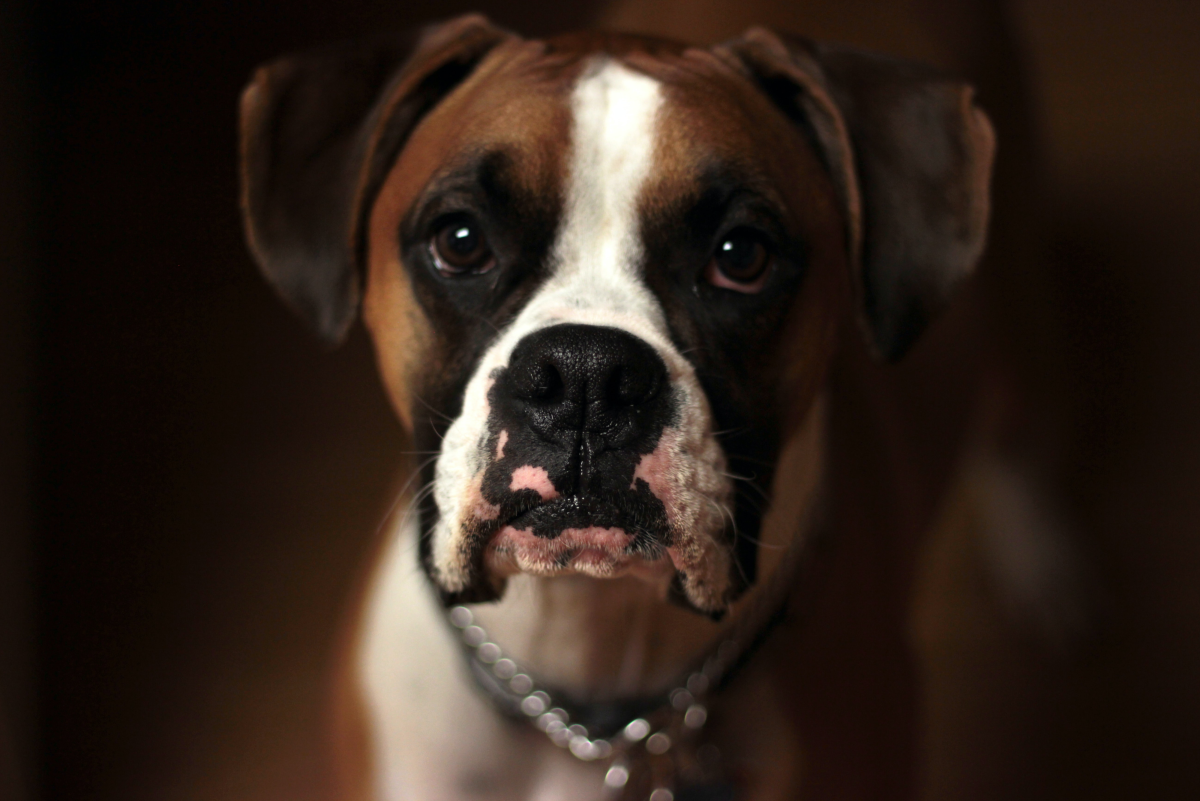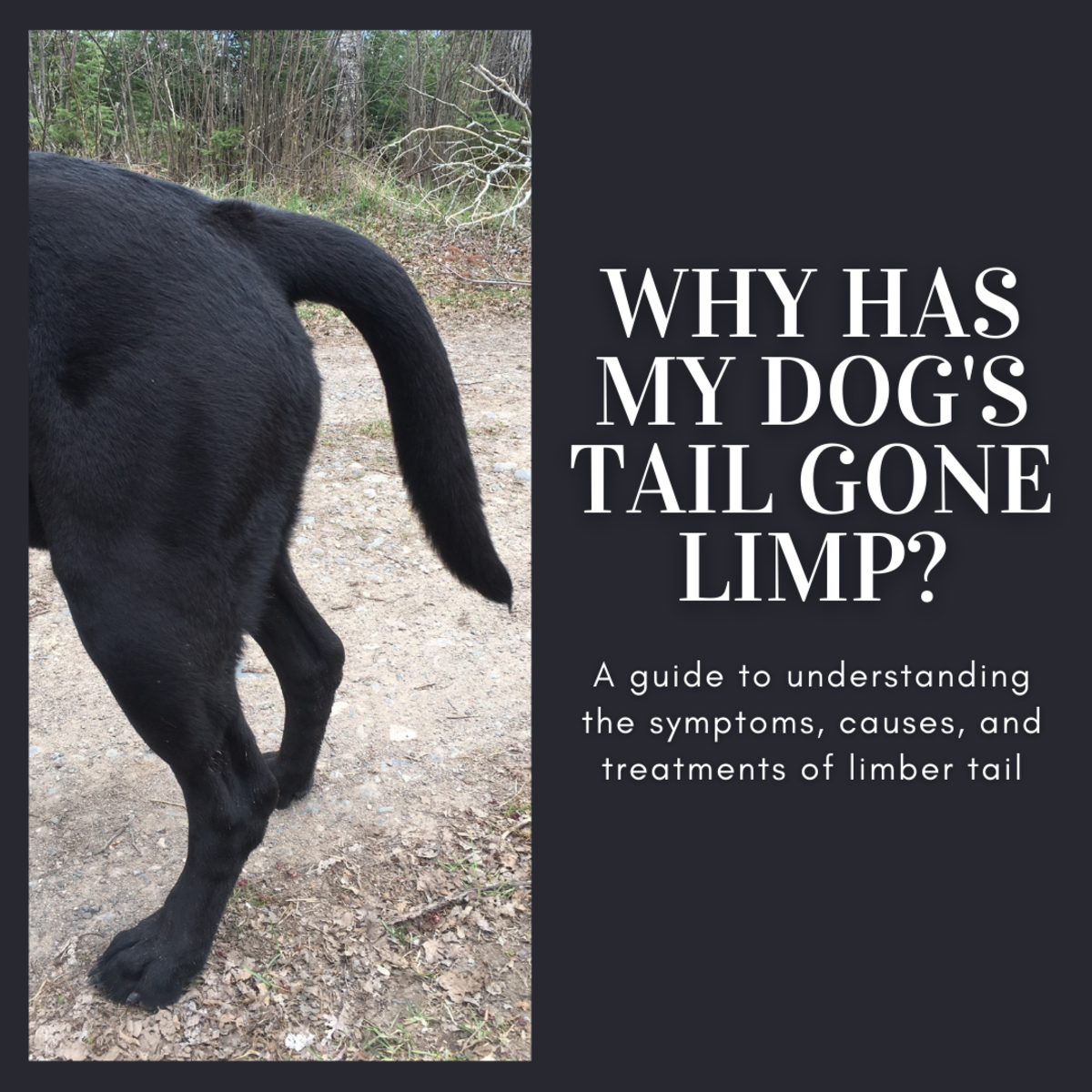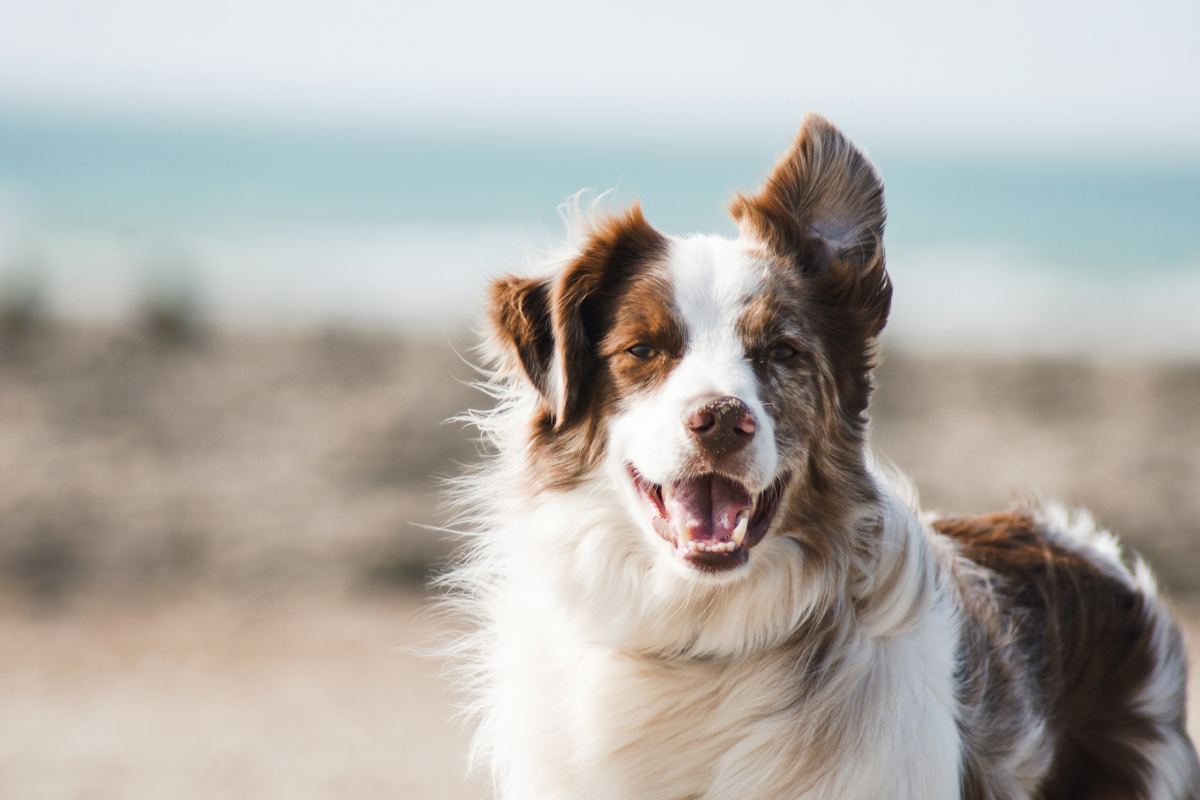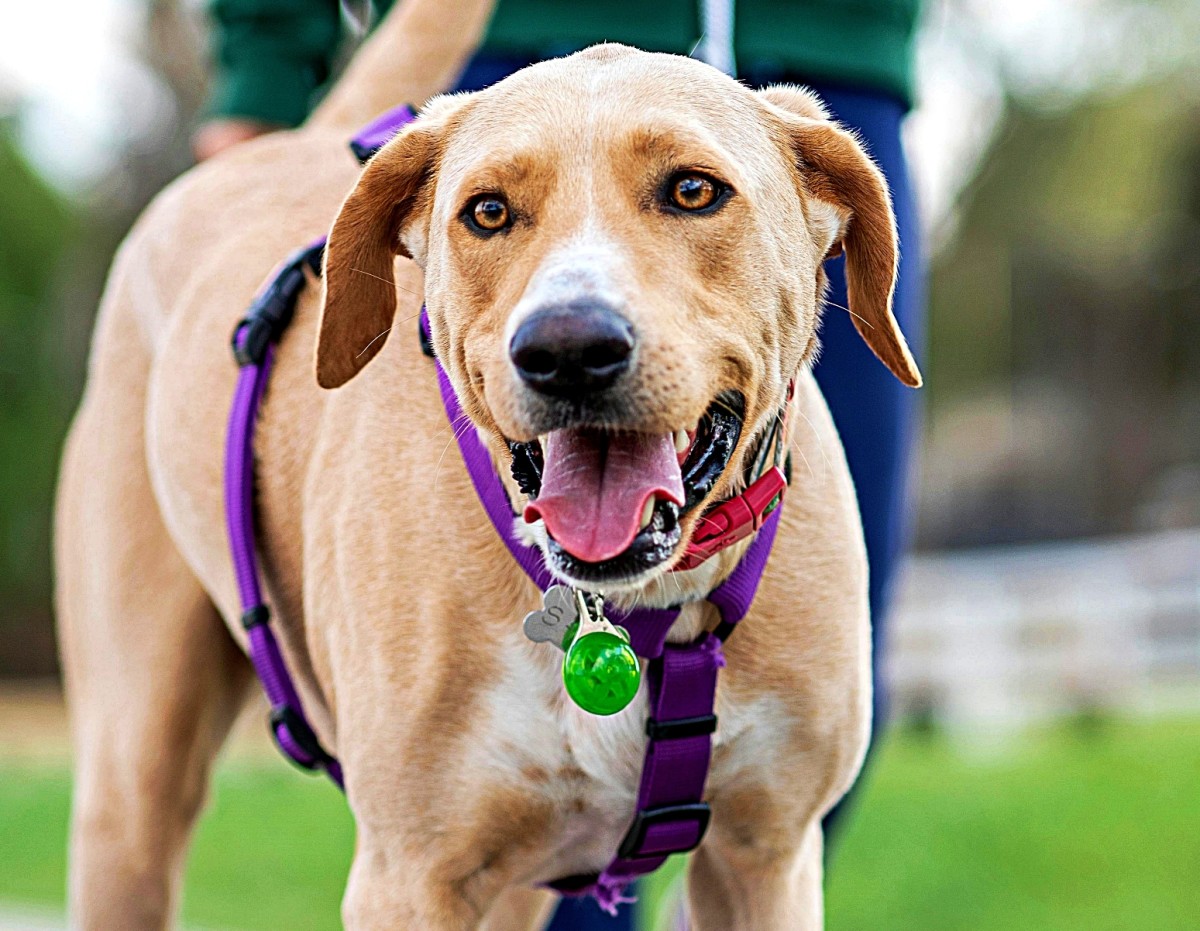Reverse Sneezing in Dogs
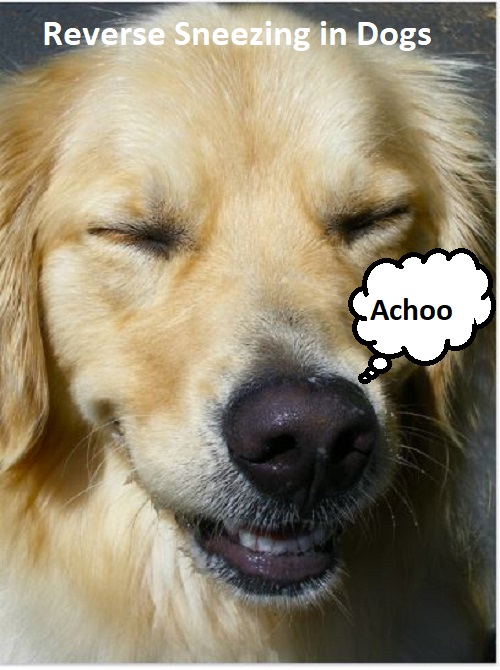
A reverse sneeze is just that, something similar to a sneeze but in a totally reversed order. Basically instead of air coming out of the nose as in a regular sneeze, it is rather sucked in, creating the typical sound that often startles owners. Indeed, a reverse sneeze may be a scary episode for owners witnessing it. Typically the dog will take in some quick inspirations with its eyes bulging and its elbows spread out, causing the owner to therefore panic, because it may mimic very well a suffocation episode. Instead, the dog will then snort quite loudly for a few seconds or minutes and then carry on with its life as if nothing happened.
In some cases, owners have rushed their dog to the emergency vet, only to find out it was a simple case of reversed sneezing. The episodes however, are generally short lived averaging from a few seconds to a few minutes.
Causes of Reverse Sneezing
Reverse sneezing medically known as ''paroxysmal respiration'' may be triggered by nasal irritations, soft palate irritations, nasal inflammations or allergies. In many cases, the episodes are triggered by strong perfumes, dust, pollen, exposure to household chemicals, eating or drinking, pulling too much on the leash or even excitement. However, often reverse sneezing remains ''idiopathic''meaning that its cause may be unknown. In some dog's the conformation of their soft palate may be a predisposing factor. Some dogs have an elongated soft palate that may create issues. Generally, small breed dogs are more prone to reverse sneezing episodes.
Treatment or Reverse Sneezing
A reverse sneezing attack may easily be stopped on the spot by using some effective strategies. One of them is to simply massage the dog's throat. The dog will instinctively swallow stopping the reverse sneezing process. Another effective method is to simply pinch the dog's nostril which will cause the dog to swallow stopping the sneezing as well. Some owners report having good results stopping the reverse sneezing episodes by simply feeding the dog or giving it something to drink.
While reverse sneezing does not generally need any form of treatment, in some severe cases, medications may need to be prescribed, in order to halt these annoying episodes.
As seen, reversed sneezing may appear more alarming than they really are. However, it is a good idea to have the dog evaluated by a veterinarian to rule out other more serious coughing episodes that may mimic reverse sneezing such as collapsed trachea or laryngeal paralysis.
A case of reversed sneezing
© 2009 Adrienne Farricelli CPDT-KA, Dip.CBST
